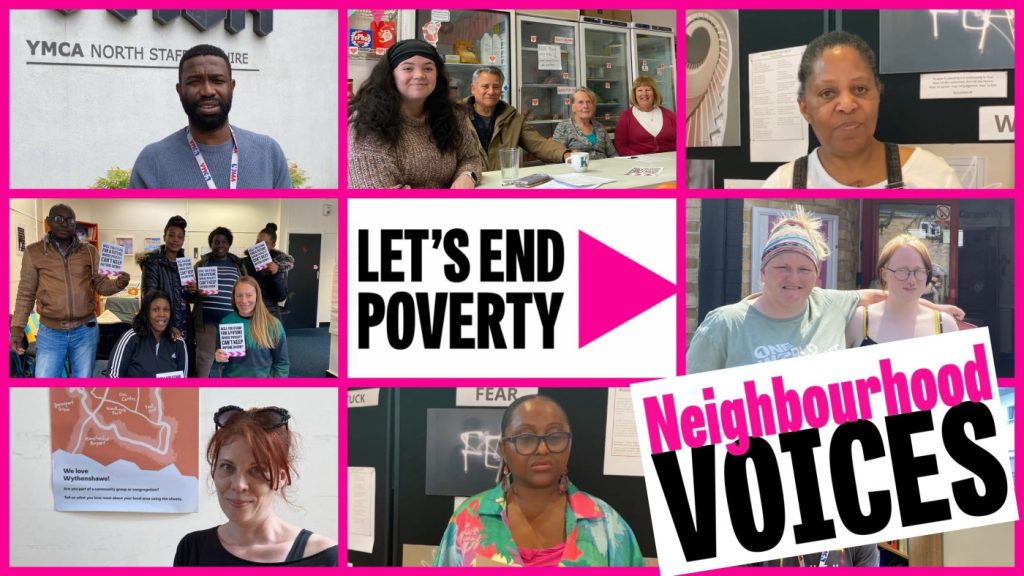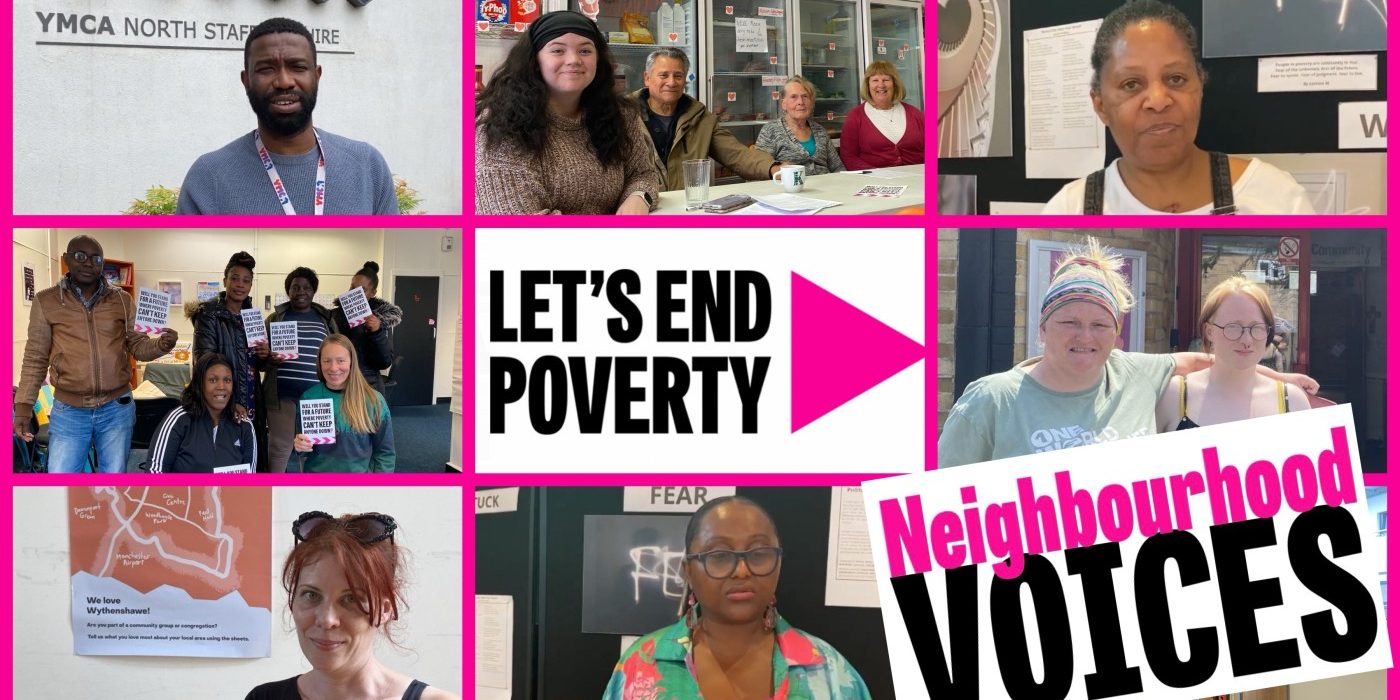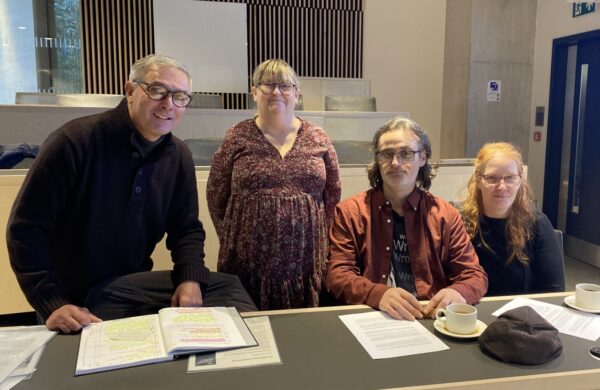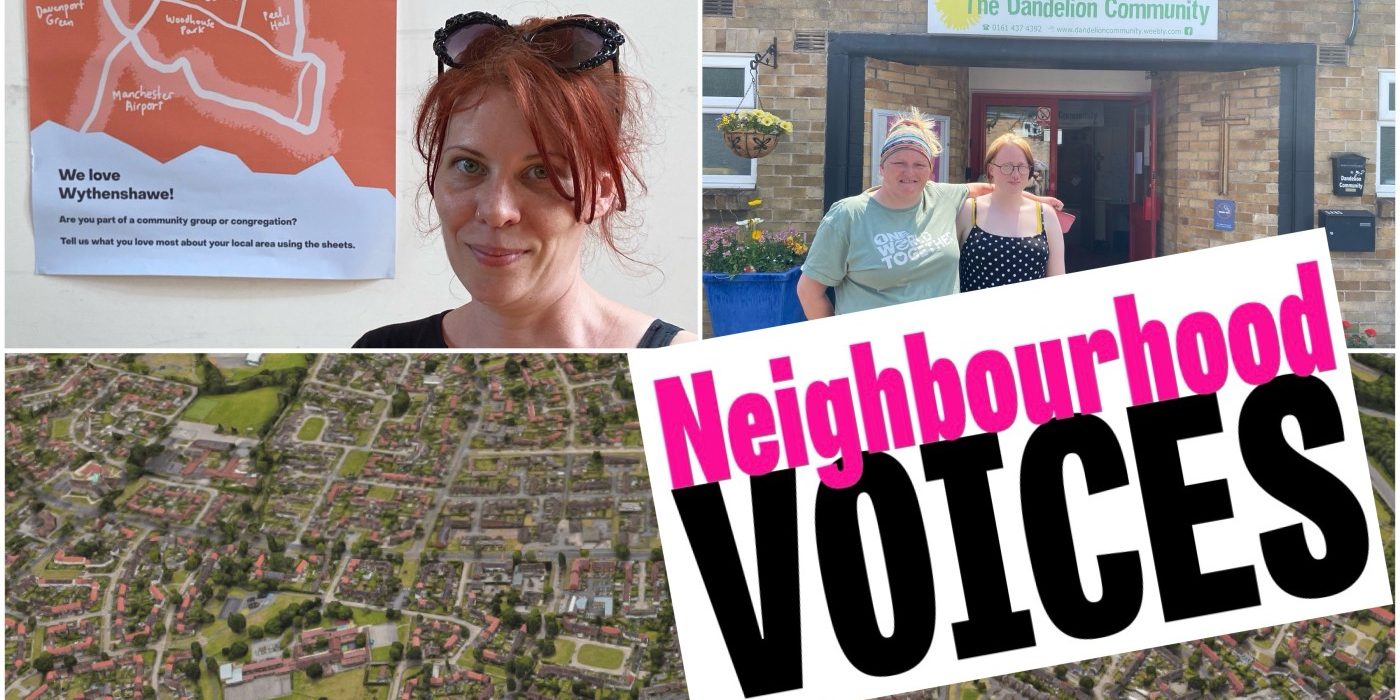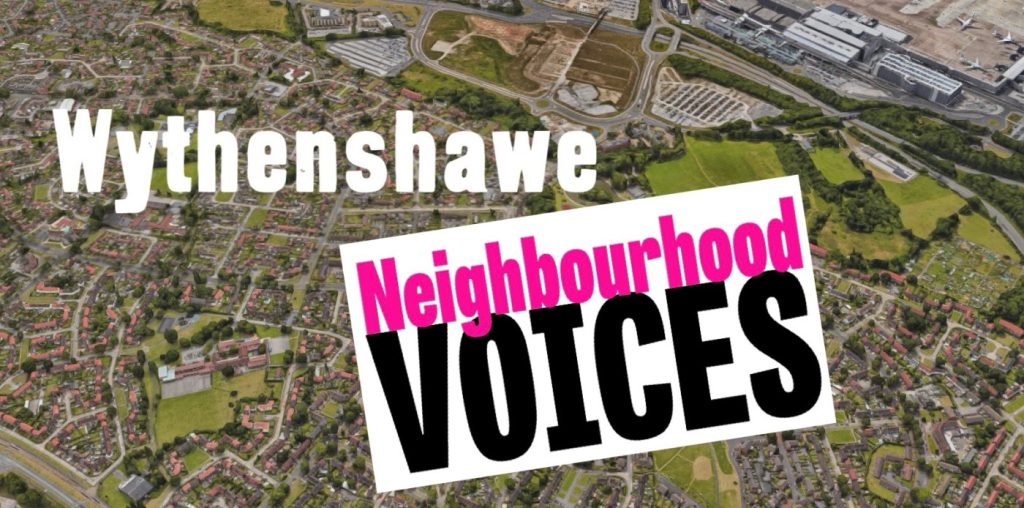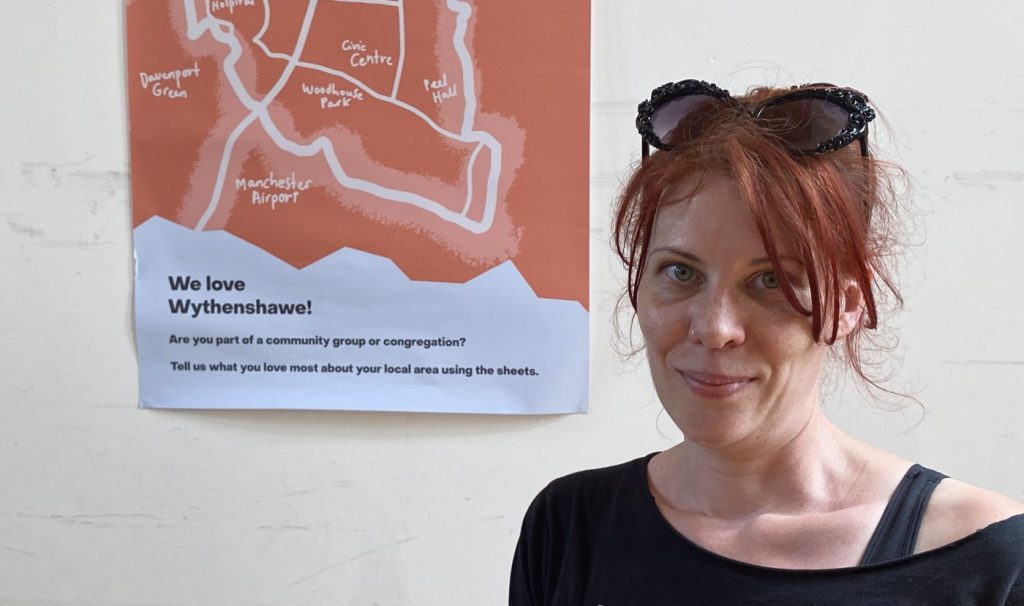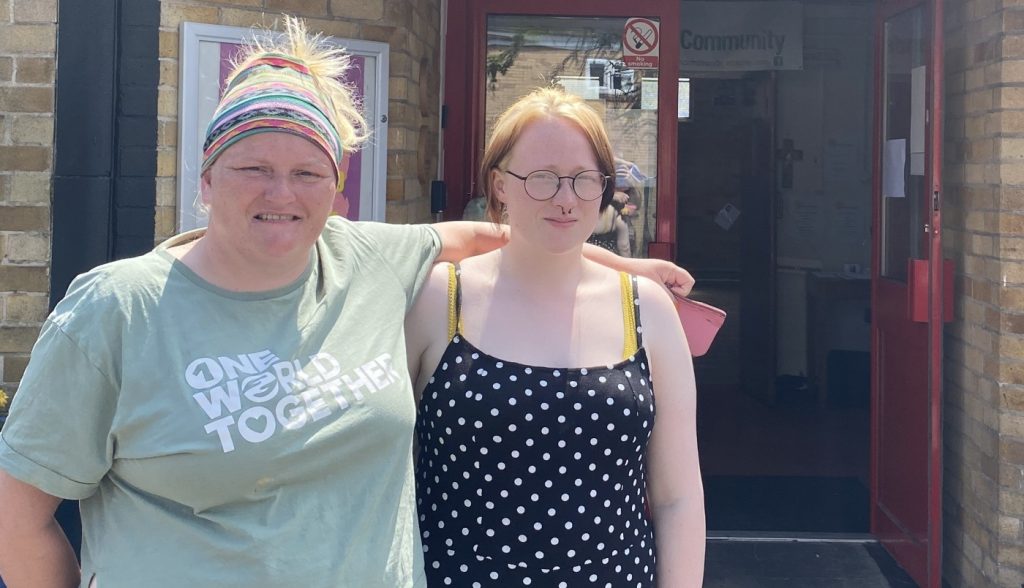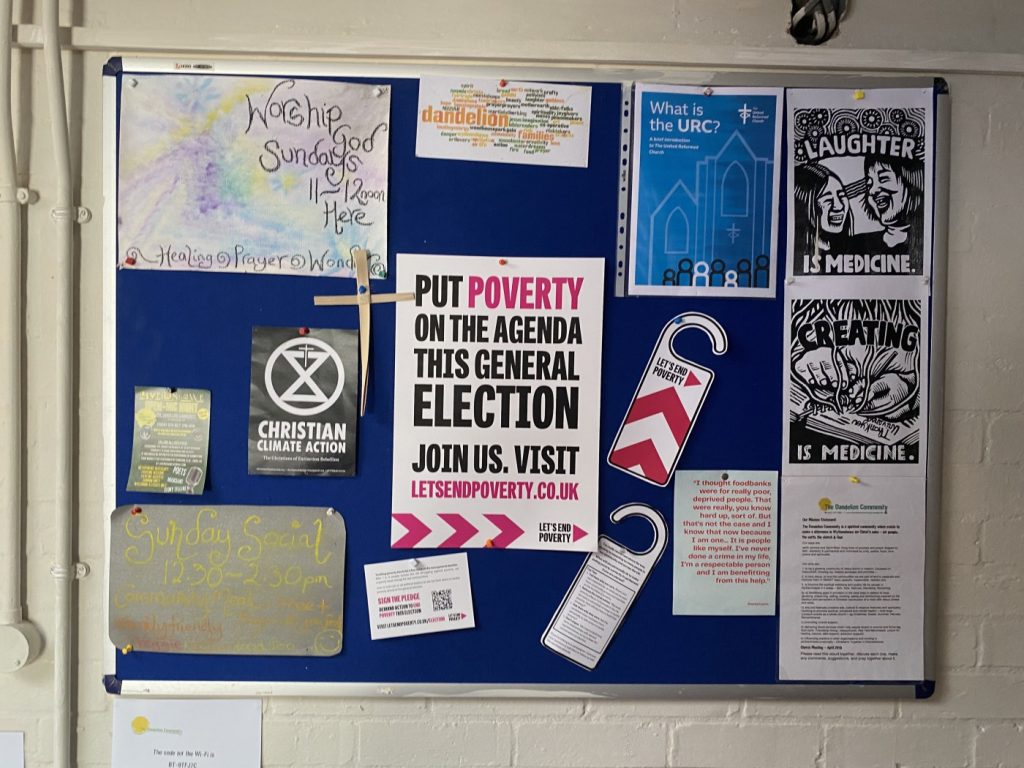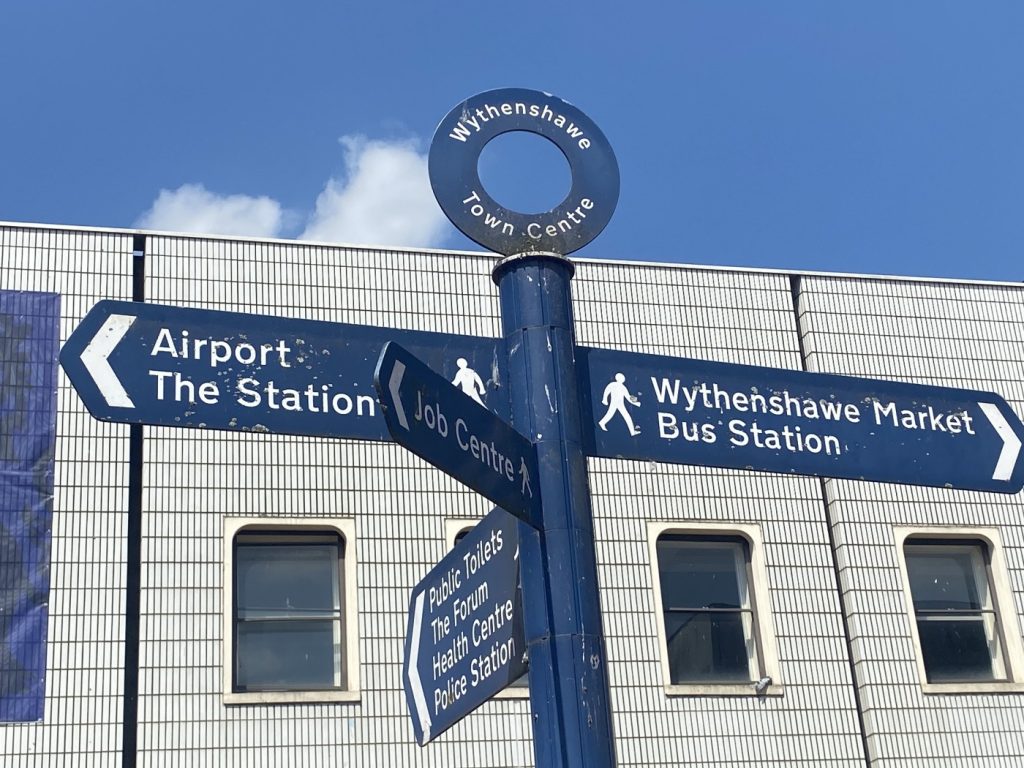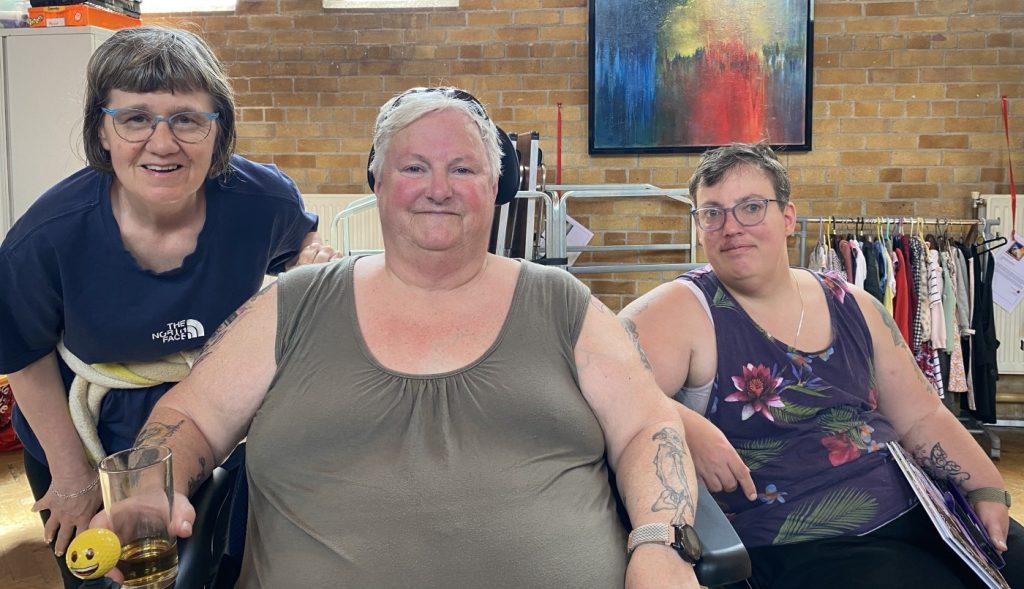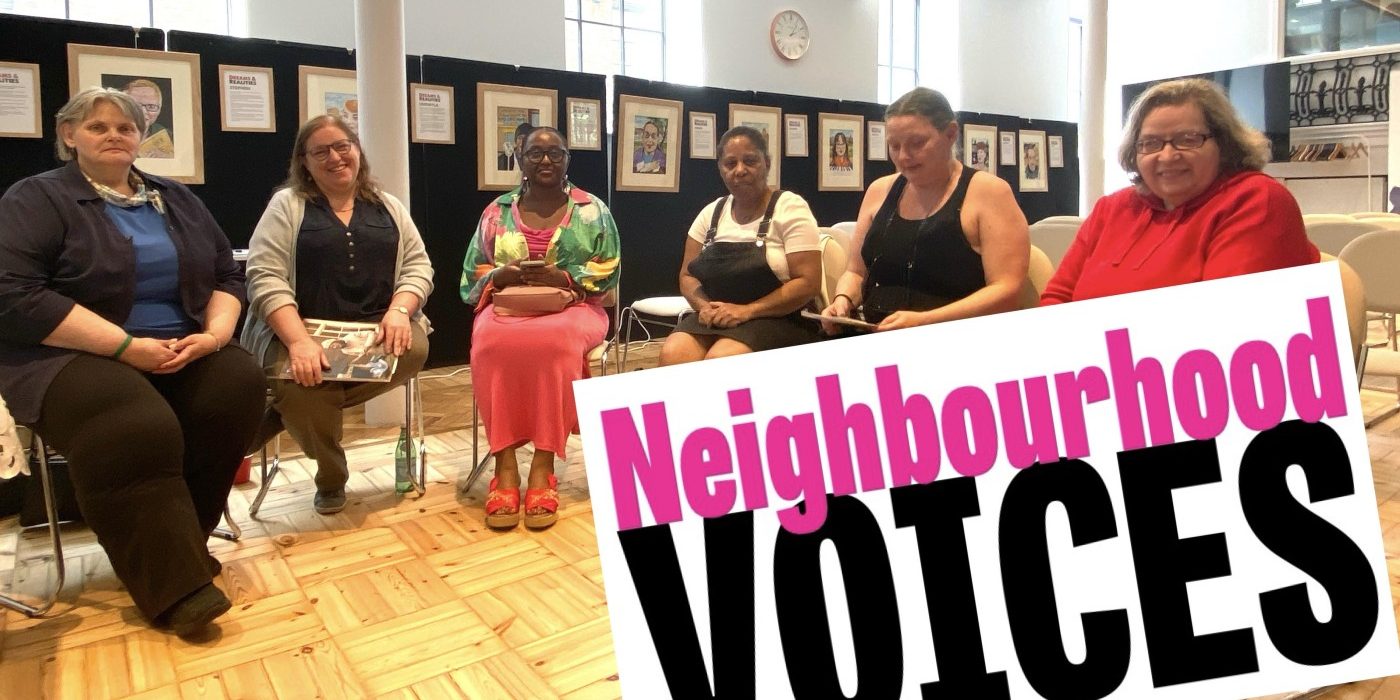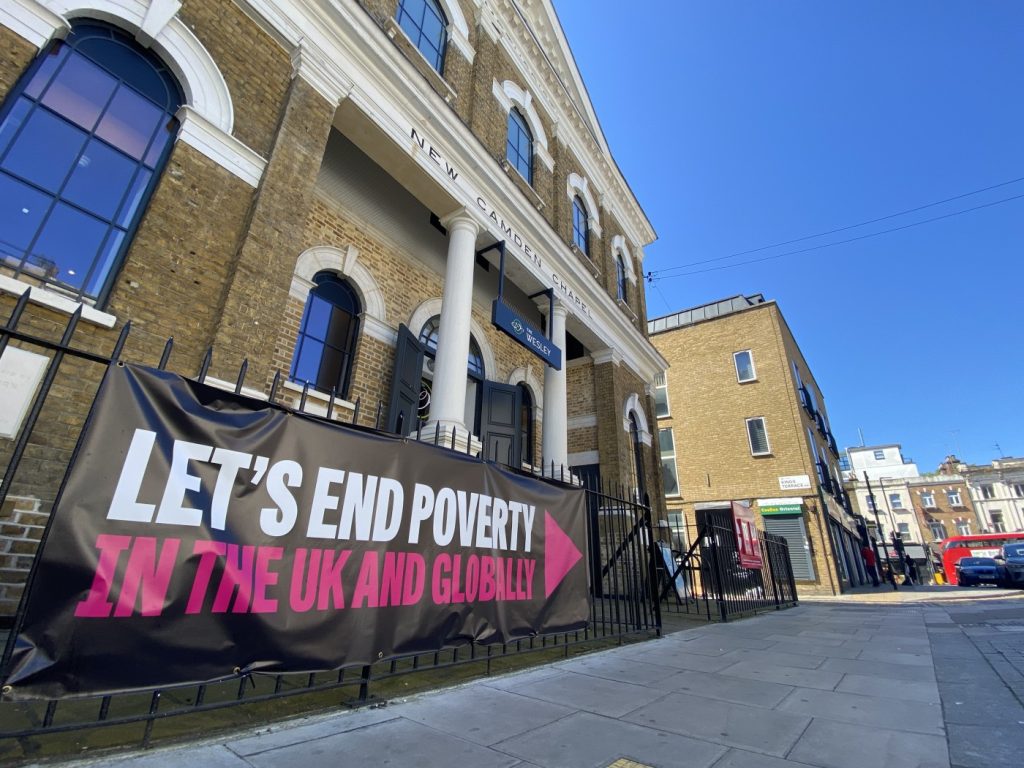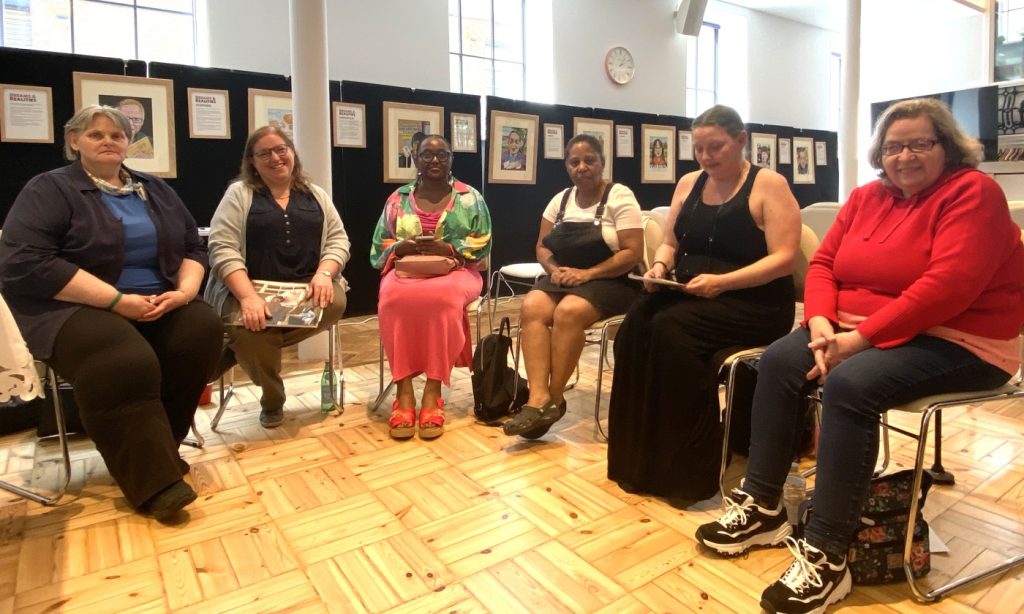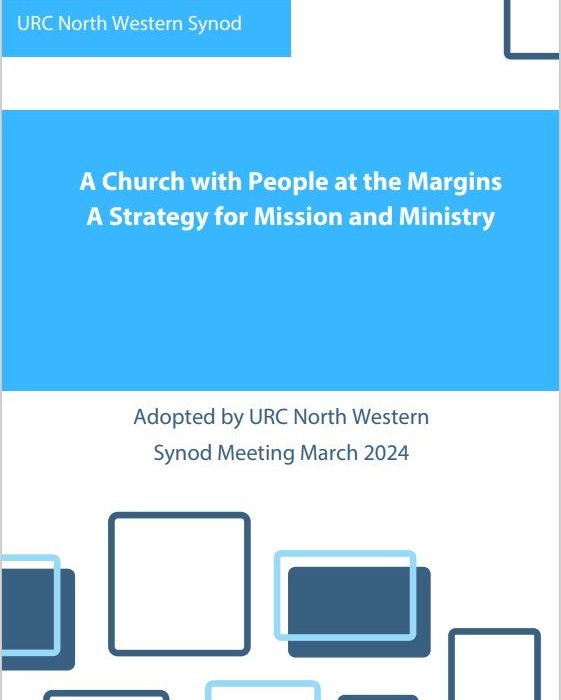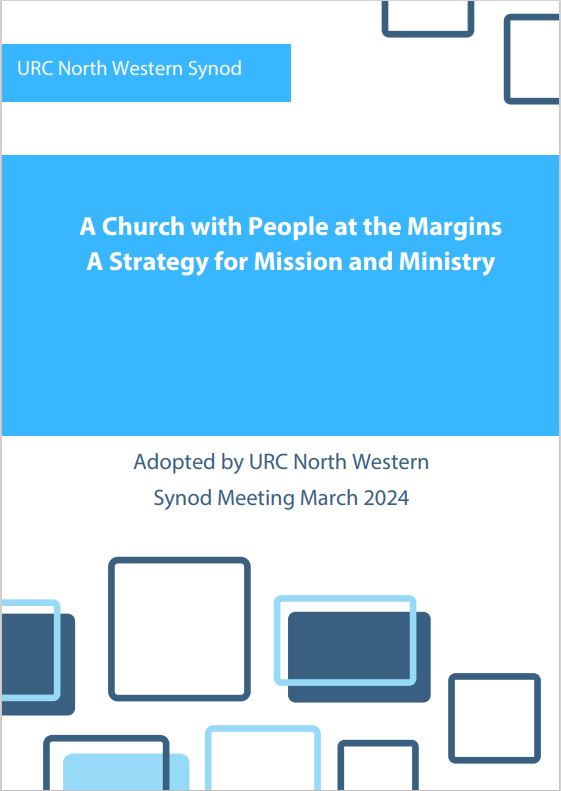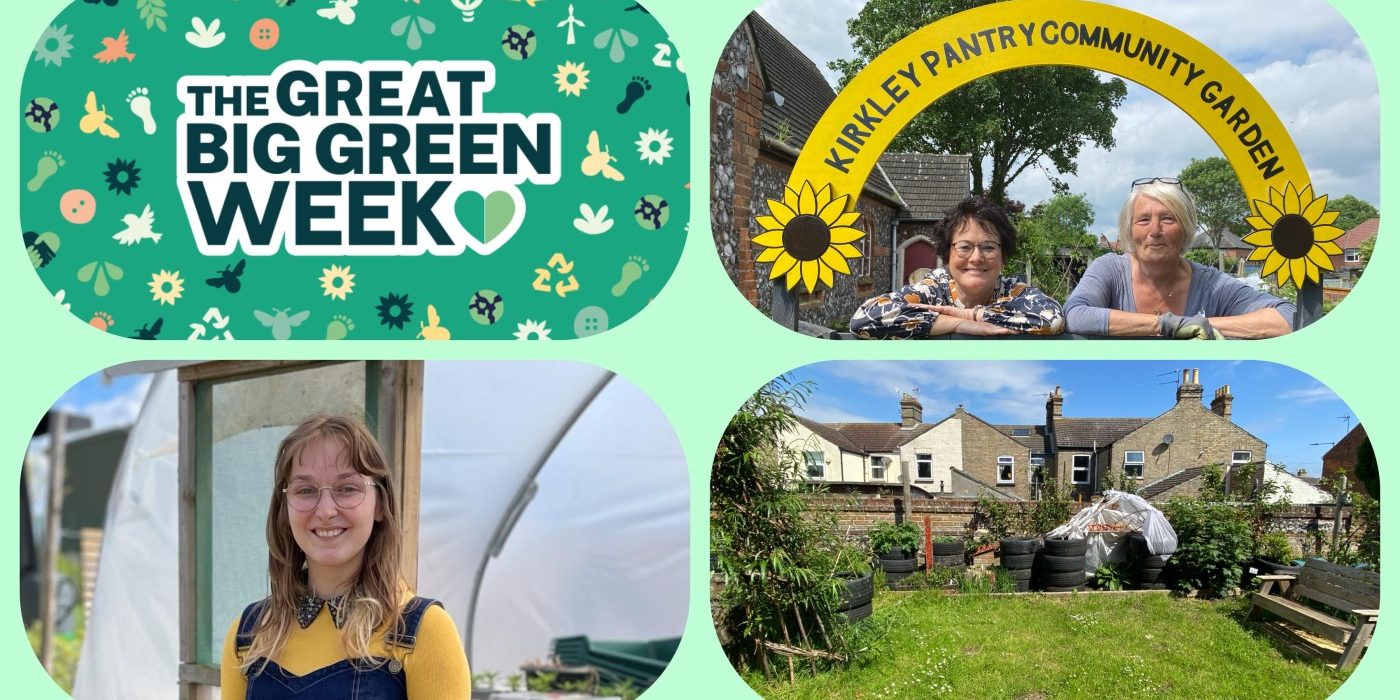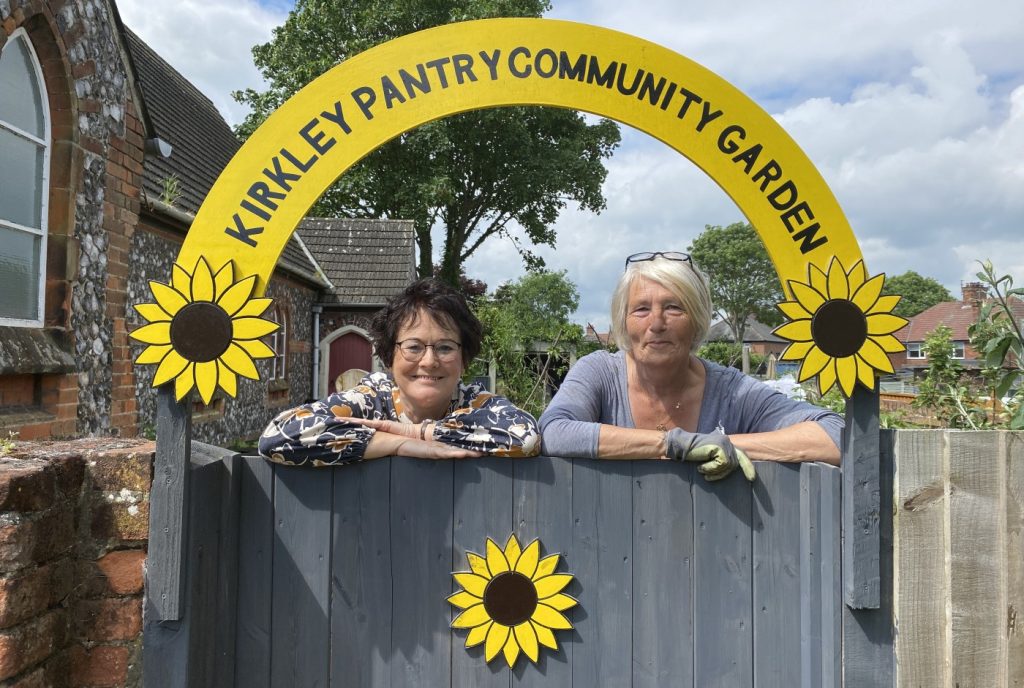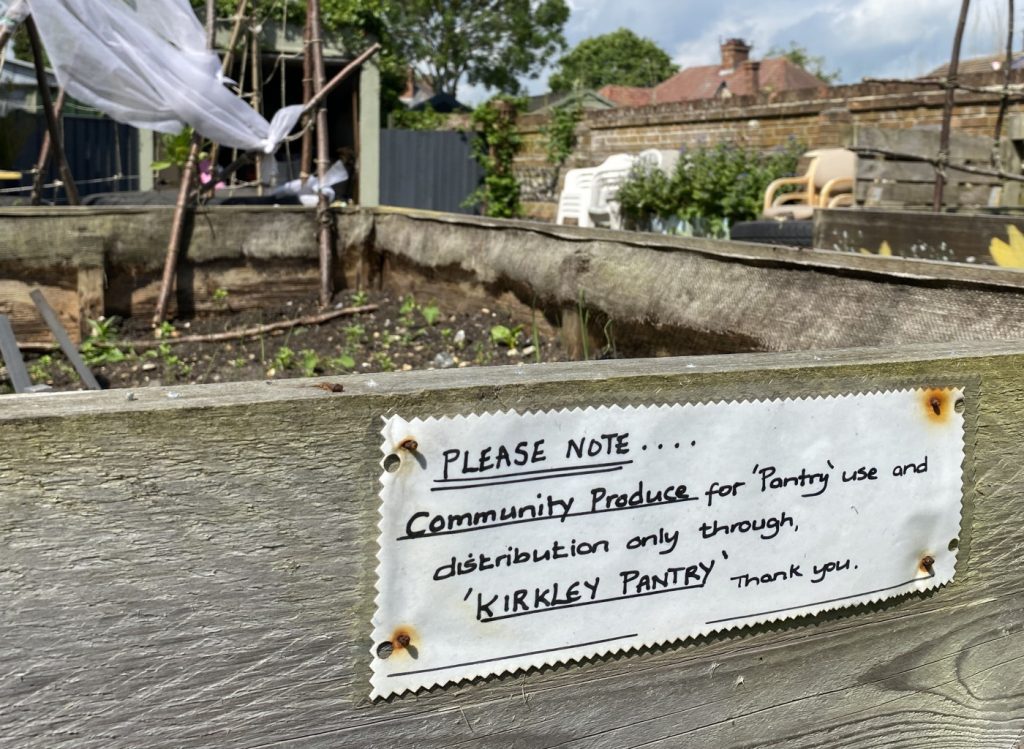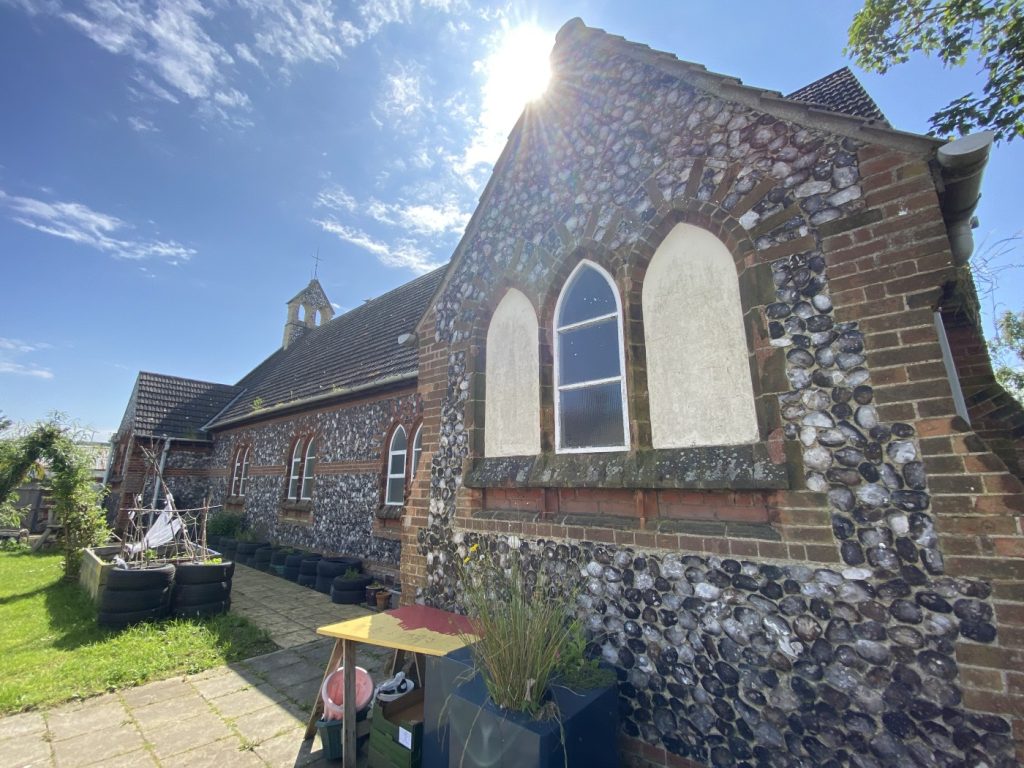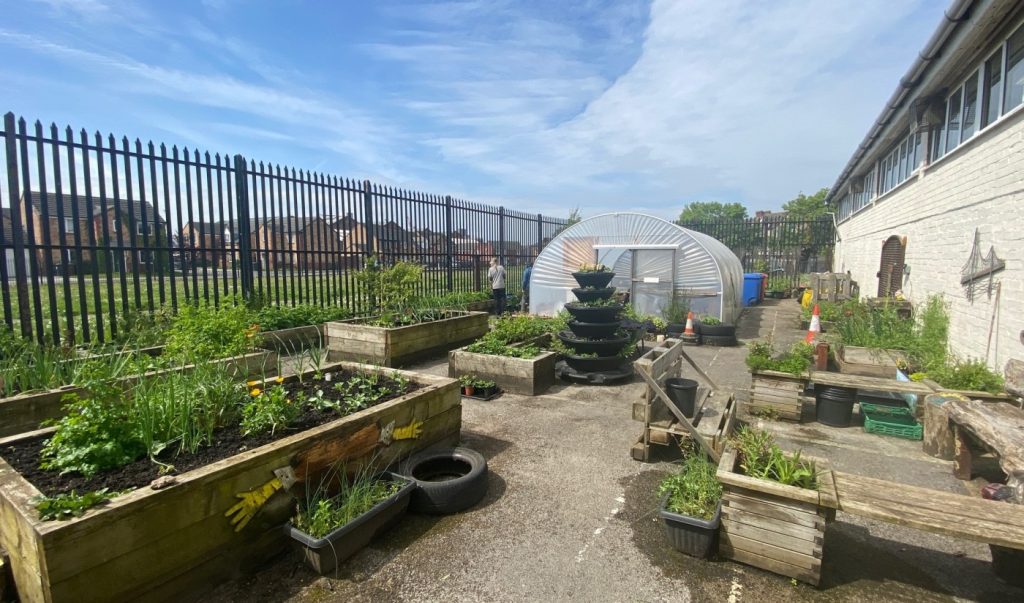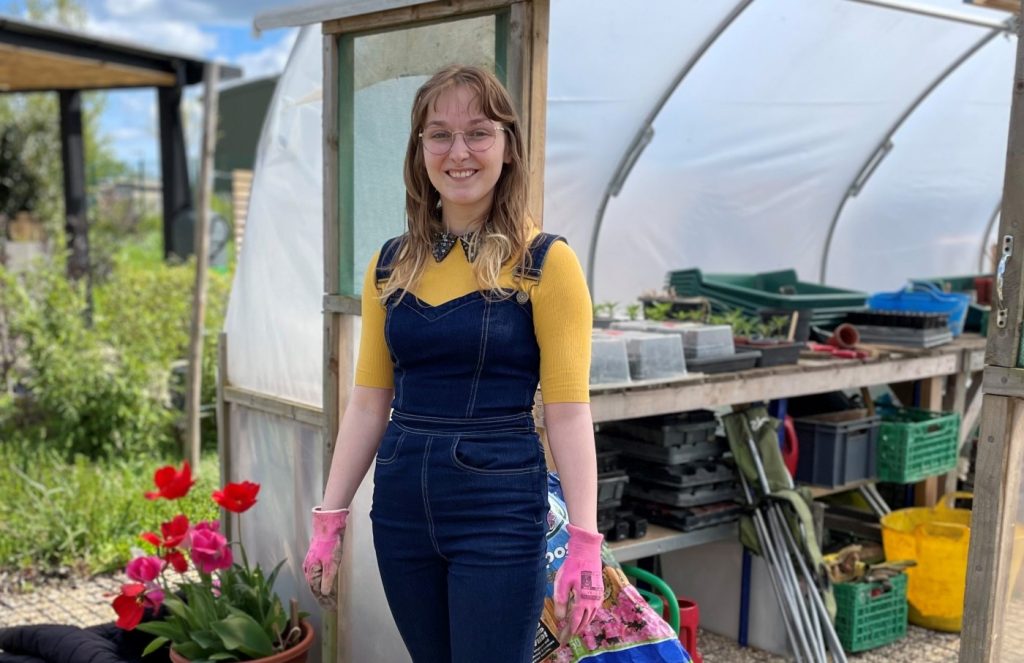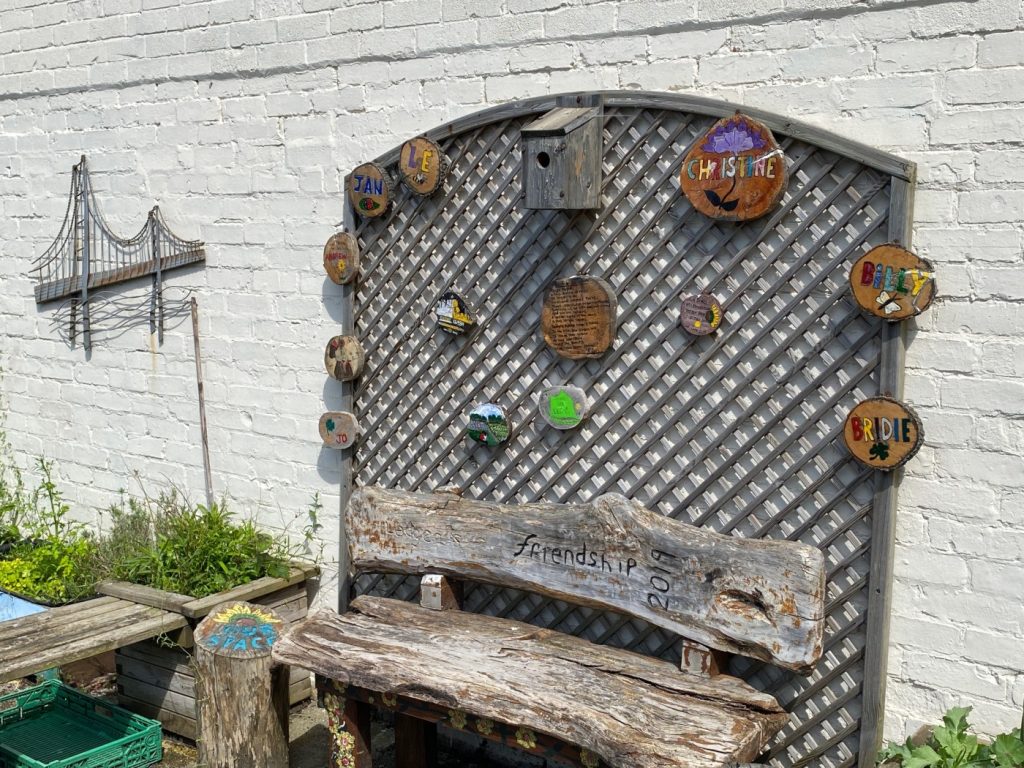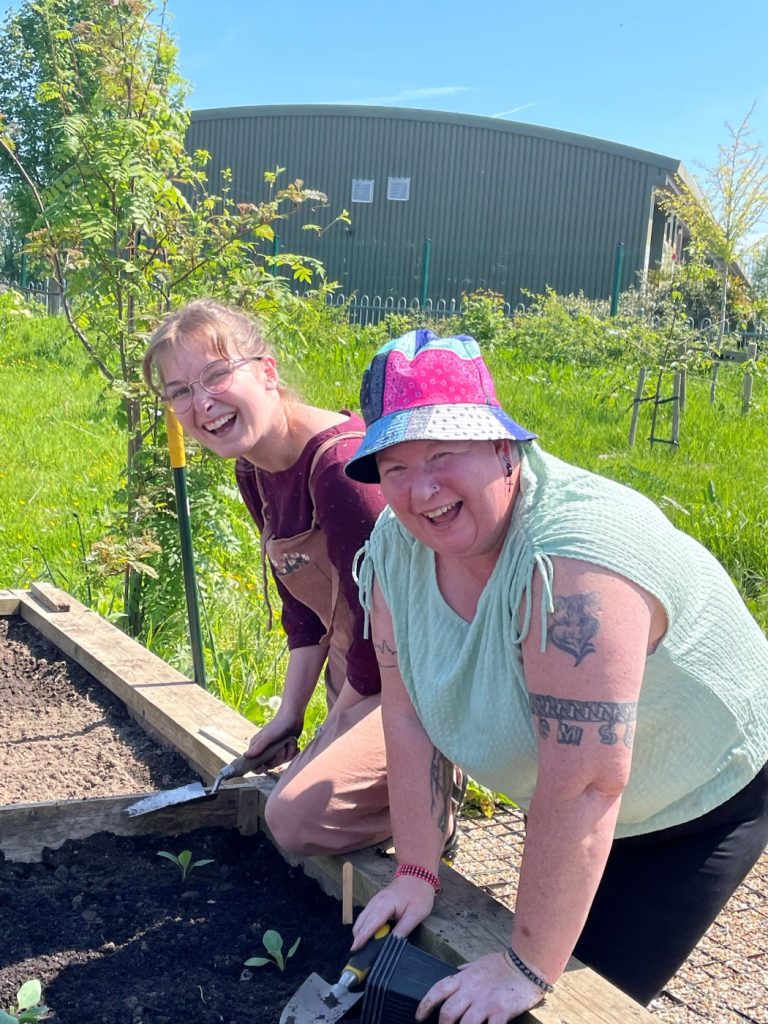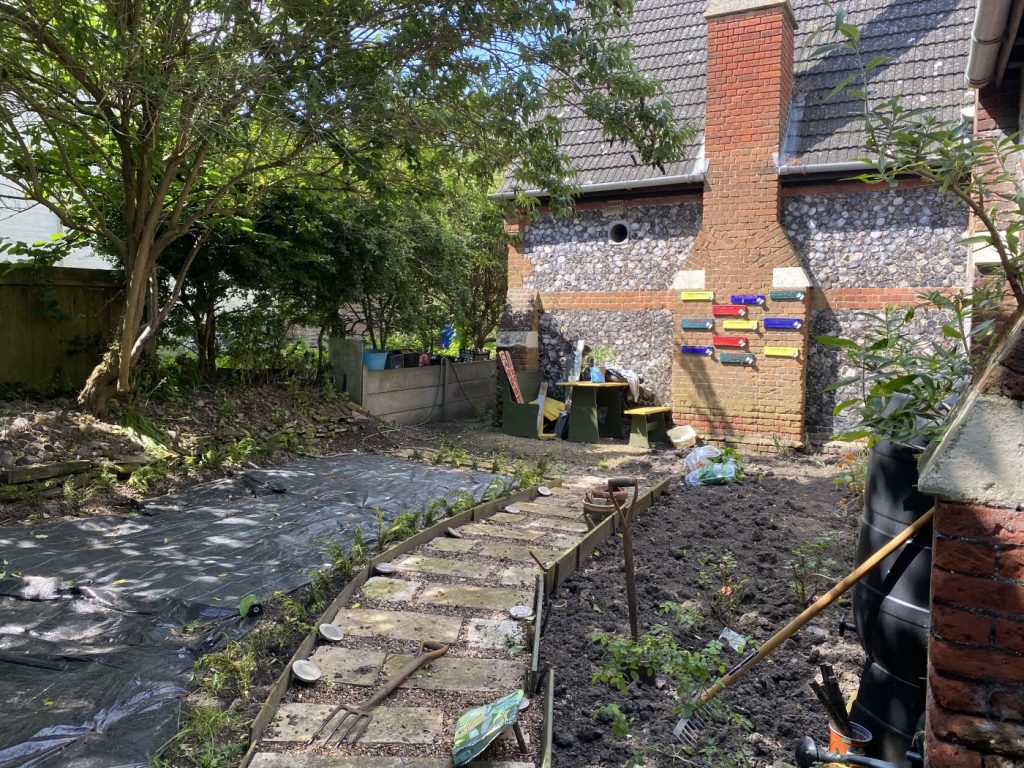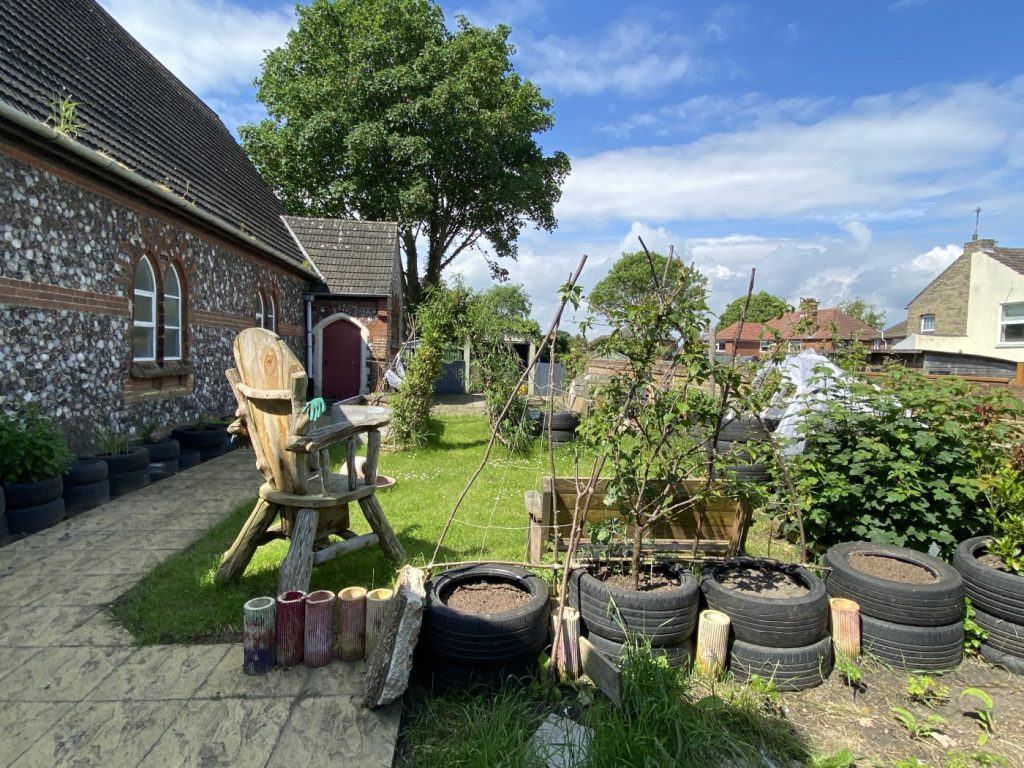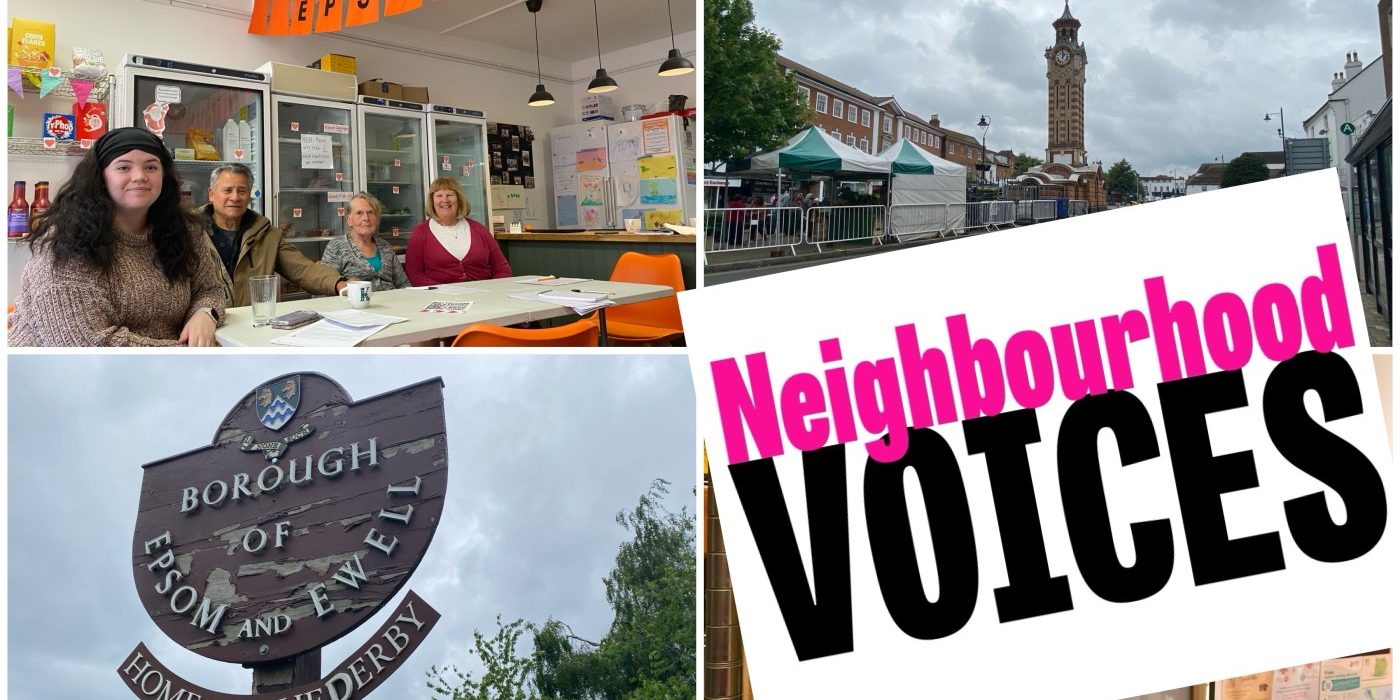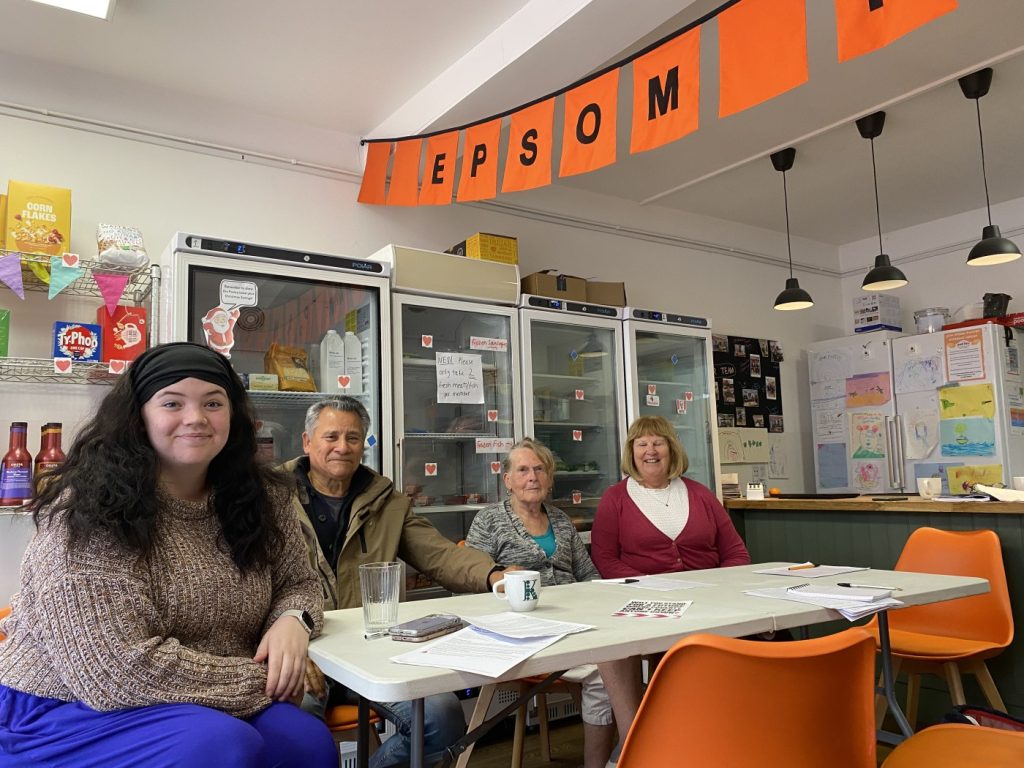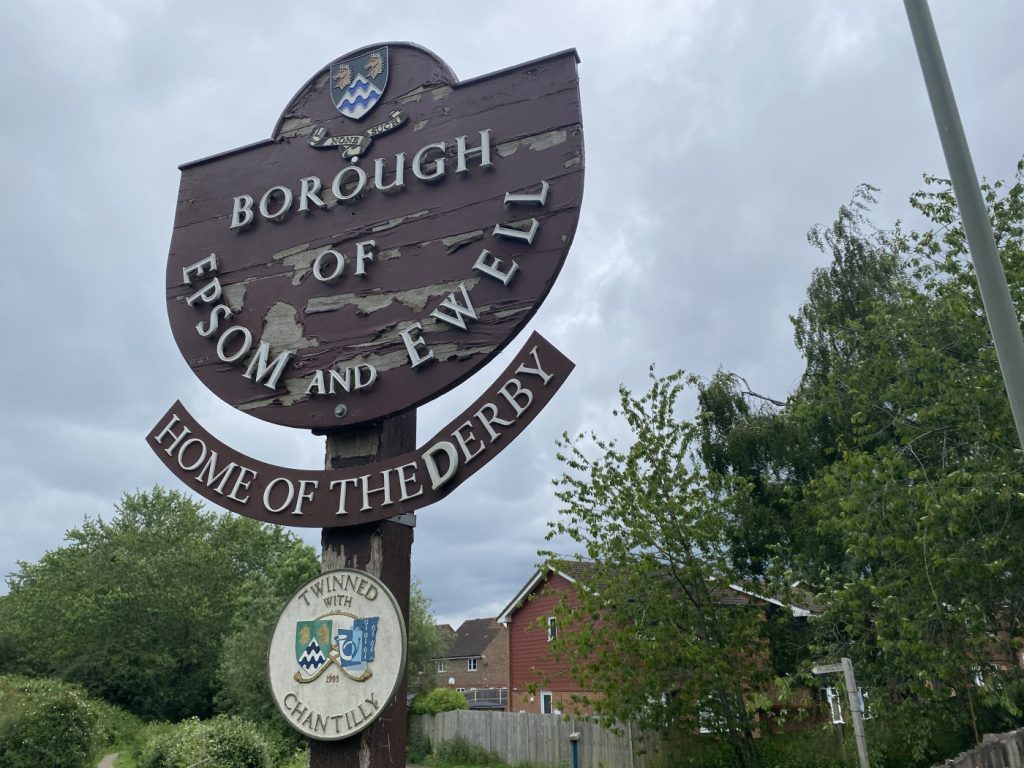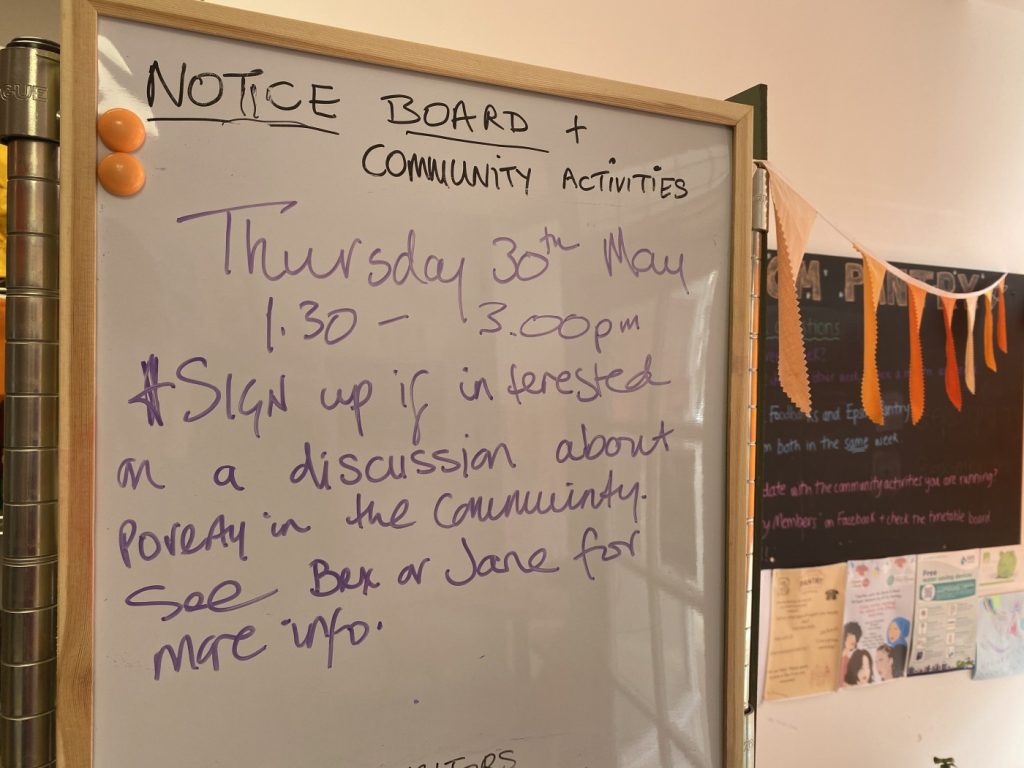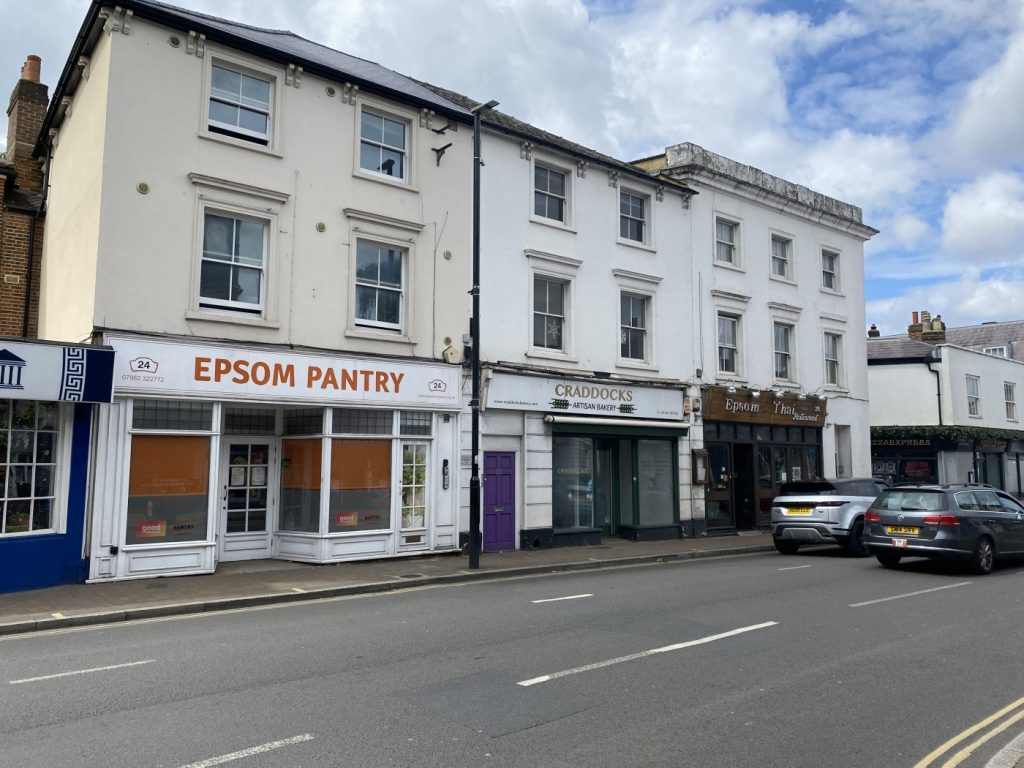“What does a Church with People at the Margins look like?” is a question that the North Western Synod of the United Reformed Church has wrestled with as we sought to respond to the growing issues of economic deprivation and marginalisation in many communities local to our churches.
From the statistics produced by the Church Urban Fund, we were able to think about the depth, extent, and the variety of the roots of poverty in North West England. Over a third of our churches serve in communities ranked in the 10% most deprived in England. They range from rural Cumbria to housing estates in South Manchester, from the Irish Sea coast to the mill towns of Lancashire, and remain a presence in many of our town and city centres.
We drew inspiration from the biblical calls of the prophets for peace and justice, and were reminded that all people are created in the image of God. The Gospel stories taught us again of the way in which Jesus actively sought out those who were marginalised by the society of his time. We took direction from the Marks of Mission’s call to service through tending those in need and to transform unjust structures.
Finally, the work of Church Action on Poverty enabled us to reflect on the value of providing dignity, agency, and power to all people in creating an inclusive community, and the importance of making space to listen to people who are too often excluded from society. The word with in the strategy is deliberate, and a reminder that too often as churches we have offered support for or to people and communities, without understanding their hopes and aspirations and standing with them.
A real difference will only happen through the ways in which local churches engage with their communities, and so key to the strategy is a set of behaviours which we want to encourage churches to adopt. Behaviours which are about their generosity of spirit and resources, their inclusivity of all people in their community, and their willingness to go beyond compassion to seek structural change. Behaviours that are important in all aspects of our mission and ministry.
As a Synod we have committed to supporting and enabling churches to respond, and to prioritise the use of our resources for this work, particularly where it is rooted in the most economically disadvantaged communities in our region. Being church in marginalised communities is not easy, and we will achieve more if we can work collaboratively with others, both faith and secular, who share our objectives.
In a mixture of generosity and challenge, we offer the work we have done to create this strategy to churches and faith organisations beyond our Synod. Our challenge is about how they prioritise and respond in the communities they serve. Our invitation is for them to journey with us, to learn from each other in mission and ministry about how we can all be better at being Church with People at the Margins.
The North West Synod adopted the ‘A Church with People at the Margins’ strategy in March 2024. They are offering the strategy to the wider United Reformed Church through a resolution at General Assembly in early July.
